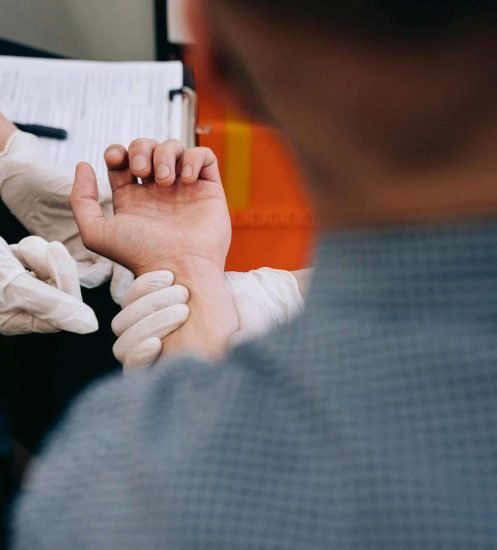
Men's Health Awareness Month
Men's Health Awareness Month
November is Men's Health Awareness Month, also known as No Shave November, Movember, or Mustache November.
This month-long campaign encourages men to grow out their facial hair to raise awareness about men's health issues, including Prostate Cancer, Testicular Cancer, and Mental Health.
The Origins of Mustache November
The tradition of Mustache November began as a fun and creative way to spark conversations about the often-overlooked health challenges men face. It serves as a reminder of the importance of taking care of oneself and seeking medical advice when necessary. Many participants share their facial hair journeys on social media, helping to spread awareness and foster a sense of community.
Why Men's Health Matters
Men's health involves a range of crucial topics that encompass both physical health and mental well-being. Addressing these areas not only improves quality of life but also extends longevity.
Physical Health: Regular check-ups can help identify potential issues early on, making treatments more effective.
Mental Health: Mental well-being is just as crucial. Many men may feel hesitant to discuss their mental health, but talking openly about emotions and seeking help is vital.
Routine check-ups and screenings, including ultrasounds, are essential for the early detection and prevention of diseases.

Prostate cancer is one of the most common cancers among men, and early detection is vital for successful treatment.

What is Prostate Cancer?
Prostate cancer is a significant health issue, primarily affecting men, particularly as they age. It originates in the prostate gland, a small gland responsible for producing seminal fluid that transports sperm.
While some prostate cancers grow slowly and may not cause serious harm, others can be aggressive and spread quickly.
Age is the biggest risk factor, with most cases diagnosed in men over 50.
Symptoms to Watch for
Although many men with prostate cancer may not show symptoms, potential signs include trouble urinating, blood in the urine, painful ejaculation, and ongoing pain in the back, hips, or pelvis
Trouble urinating
Blood in the urine
Painful ejaculation
Ongoing pain in the back, hips, or pelvis
The Importance of Ultrasound in Prostate Health
Regular screenings are essential for early detection, and prostate ultrasounds play a vital role in this process.
There are two main ultrasound methods used to evaluate prostate health:
Abdominal Prostate Ultrasound
This method uses sound waves to generate images of the prostate gland by placing the ultrasound transducer on the lower abdomen.
As a non-invasive approach, it allows for a general assessment of the prostate and surrounding structures, helping to identify abnormalities such as an enlarged prostate or potential tumors.
Transrectal Ultrasound (TRUS)
This specialized procedure involves inserting the ultrasound probe into the rectum to capture detailed images of the prostate gland.
Transrectal Ultrasound offers a clearer and closer view of the prostate, making it particularly effective for detecting small tumors or abnormalities.










